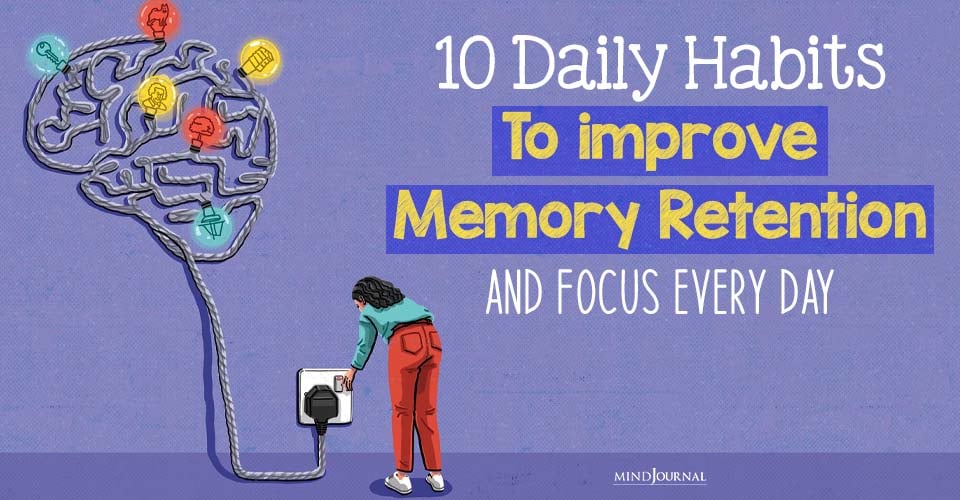Does your spouse’s condition of insomnia cause sleep paralysis? Many times, sleep paralysis is the result of insomnia. However, if you’re not sure what causes of sleep paralysis are, it is important to first know that this can affect adults as well as children.
What Is Sleep Paralysis?
Sleep paralysis is a condition that occurs when an individual is unaware that he or she is actually in a “dream”. In fact, the body moves into REM sleep, which is believed to be the deepest phase of sleep. A series of rapid eye movements and dream-like images appear during this stage of sleep, and some patients experience extreme, abnormal fear at this time. In turn, the brain triggers a state of paralysis and causes the person to experience some form of fear-induced paralysis.

Also read What Is REM Sleep? Why Is It Important For You
What Causes Sleep Paralysis?
There are certain reasons why this occurs. For example, if a patient has a mild case of depression, it is very common for this condition to occur. Although he or she doesn’t think that they are paralyzed, they can still experience a strong fear at the moment. As a result, the person may continue to move and therefore, may fall asleep.
There are also several factors that can contribute to the causes of sleep paralysis.
When individuals are extremely nervous, they are more likely to have this condition. Additionally, if a person suffers from panic attacks, then his or her sleep can be disrupted and may cause the condition to occur.
If a person has a medical condition, such as night sweats, anxiety attacks, or depression, then it can greatly increase the probability of experiencing this condition. Therefore, if a person has a medical condition, it is important to consult with a doctor. A good doctor will be able to help the patient address any of the conditions that could be contributing to this condition.
The causes of sleep paralysis can vary greatly. Some individuals claim that the symptoms are due to a poor memory during the day, while others attribute the condition to an unpleasant memory or even pain.
However, although it may not seem to be a serious medical condition, insomnia can greatly exacerbate the symptoms. Insomnia is a general term that describes a number of conditions. However, if you’re suffering from insomnia, you may find that you also experience the signs of sleep paralysis.
Individuals who experience insomnia often do not recognize the effects of this condition, and often misdiagnose it as something more serious such as excessive daytime sleepiness. In addition, some individuals claim that they feel very sleepy during the day and not aware of their surroundings.
However, if you do experience the signs of daytime sleepiness, you should make an appointment with your doctor immediately. You should also know that this condition is quite common and even occurs quite frequently among adults.
Also read The 3 Most Popular Sleeping Positions And Their Health Impacts
If you are experiencing the symptoms of insomnia, then you may find that you also experience the signs of daytime sleepiness. In fact, you should seek treatment from your doctor immediately to ensure that you are treating the correct condition.
If you’re wondering why you experience symptoms while you are awake, it is possible that you have an unusual sense of pain. This pain is usually felt in the feet and legs and may even be mistaken for a heart condition. Therefore, in order to determine the root cause of your pain, your doctor may order a series of blood tests.
If you suspect that your spouse or your child has the symptoms of insomnia and is also experiencing sleep paralysis, then it is important to consult with your doctor immediately. In addition, if you suspect that your own condition is the cause of sleep paralysis, then it is imperative that you seek treatment. It is imperative that you make sure that you obtain the appropriate diagnosis as soon as possible.
Treatments For Sleep Paralysis
Most people have never heard of the Treatment for Sleep Paralysis. It is a condition that is very rare, occurring in only about one in every five thousand to fifteen thousand people.
The symptoms of Sleep Paralysis are a feeling of being constrained in some strange way, and a feeling of being surrounded by light or darkness, even though there is no one around. These feelings can be overpowering, but can also disappear completely with a single sleep.
The Treatment for Sleep Paralysis is a popular topic in the forums. This is because so many people have found success in using this treatment. If you are a sufferer or think you may be, you should take the time to read this article carefully.
Also read 7 Steps To Getting The Sleep Your Mind And Body Needs
The treatment for sleep paralysis works as a “fear treatment”. It allows the sufferer to “take back” their life by forcing themselves to move away from their problems. In the end, they will find that they have managed to live a healthier and happier life, instead of living in fear of the symptoms of sleep paralysis.
The first step in the Treatment for Sleep Paralysis is understanding what causes the condition. This can be done through a simple self-assessment. You need to be able to determine what circumstances or things that might be disturbing your sleep (you may notice that you feel an urge to move towards your bed when you aren’t), and this could be associated with paralysis.
(1) Remove all sources of distraction from your room
The first thing that most people who are diagnosed with Sleep Paralysis tries to do is to remove all sources of distraction from their room (this can include radios, television sets, computer screens, etc.). You can then spend some time without distractions, focusing on what you can see (or not see) outside of your room.
Many sufferers of the Treatment for Sleep Paralysis find that the first few nights are the hardest. They can come to terms with it and understand that the first few nights of sleep paralysis are the worst.
(2) The next step is to focus on your breathing while you sleep.
Try to breathe out as deeply as you can when you awaken, until you find that you are exhaling as deeply as you can while you sleep.
(3) The last step is to block out the situation that caused the sleep paralysis.
The main cause of this condition is having an anxiety or worry problem and working on relaxing the mind is what will allow you to start the process of curing it.
Many sufferers of the Treatment for Sleep Paralysis spend a lot of time focusing on breathing exercises. Relaxing your body while you sleep can be difficult, and you can easily end up feeling stressed and irritable while you sleep.
Also read 20 Interesting Facts About Dreams That You Didn’t Know About
(4) Daily exercise
For many sufferers the cure comes from following a daily exercise routine. These routines are designed to help you clear your mind of the stress that keeps you from sleeping well, and they are also designed to help with other issues that may have kept you awake at night.
If you are diagnosed with the symptoms of Sleep Paralysis, it is very important that you realize the value of paying attention to what you eat and drink before bed. It is also important that you try to relax each night, and if you feel anxiety, try to shift your thoughts to more pleasant things.
If you want to know more about the causes of sleep paralysis, then check this video out below:
References: Farooq, M. and Anjum, F., 2020. Sleep Paralysis. StatPearls [Internet]. Pearce, J.M., 1993. Early descriptions of sleep paralysis. Journal of neurology, neurosurgery, and psychiatry, 56(12), p.1302. Torontali, Z.A., Grace, K.P., Horner, R.L. and Peever, J.H., 2014. Cholinergic involvement in control of REM sleep paralysis. The Journal of physiology, 592(Pt 7), p.1425. Sharpless, B.A., 2016. A clinician’s guide to recurrent isolated sleep paralysis. Neuropsychiatric disease and treatment, 12, p.1761. Solomonova, E., 2018. 31 Sleep Paralysis: Phenomenology, Neurophysiology, and Treatment. The Oxford Handbook of Spontaneous Thought: Mind-Wandering, Creativity, and Dreaming, p.435.
Disclaimer: This article is for informational purposes only and is not intended as a substitute for professional mental health advice, diagnosis, or treatment. While we strive for accuracy, we do not guarantee the completeness or reliability of the information provided. Readers should always seek guidance from a qualified mental health professional for any concerns regarding their mental well-being.












Leave a Reply